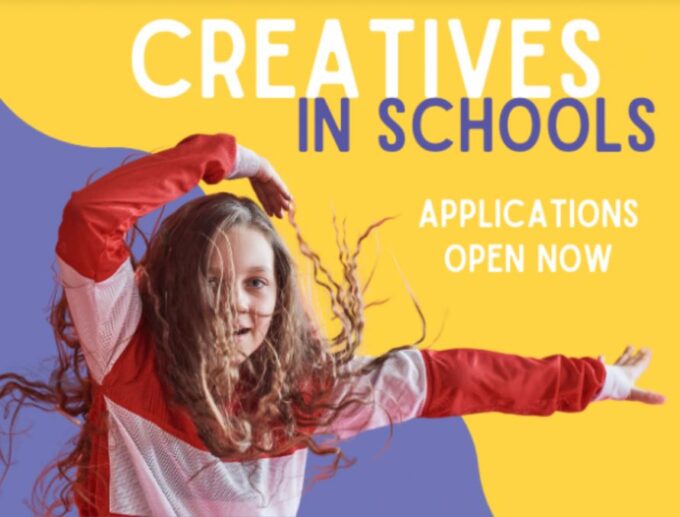

The scheme sees teachers and kaiako partner with creative professionals to provide engaging learning experiences for students and ākonga. It will fund up to 117 projects in 2022, with up to $17,000 of funding available per project.
A recent Ministry of Education evaluation of the programme found that Creatives in Schools ‘makes a worthwhile and valuable contribution to sharing knowledge and offering creative practices in schools’.
“We have been told by schools that have participated in the earlier rounds that students have increased their confidence as a result of participating. It has made an early difference to the students and ākonga, teachers and kaiako, creative practitioners, parents and whānau involved.”
Creative projects are not limited to visual arts, dance, drama and music. The programme is open to other artforms such as filmmaking, game design, fashion design, spoken word, Pacific arts, and ngā toi Māori such as raranga, whakairo and more.
Artists and creative practitioners who are keen to be in the list of creatives available for the programme can register their expressions of interest with the Ministry of Education.
Schools and kura can also directly liaise with creative practitioners in their own community, to plan a project together and apply for funding. The programme is delivered by Ministry of Education, in partnership with Manatū Taonga Ministry for Culture and Heritage and Creative New Zealand.
Applications close on Friday 20 August 2021.
A new parent portal from the Ministry of Education aimed at engaging parents and whānau…
The announcement of $53 million to cover teachers’ registration and practising certificate fees has been…
Applications for charter school conversion appear to have dried up after strong interest from the…
Will watching the Netflix drama Adolescence help us have hard conversations with young boys and…
Many students lack basic practical life skills like budgeting, letter writing, and preparing for a…
Educators and politicians are trying to address the current teaching shortage through different policy settings.…
This website uses cookies.